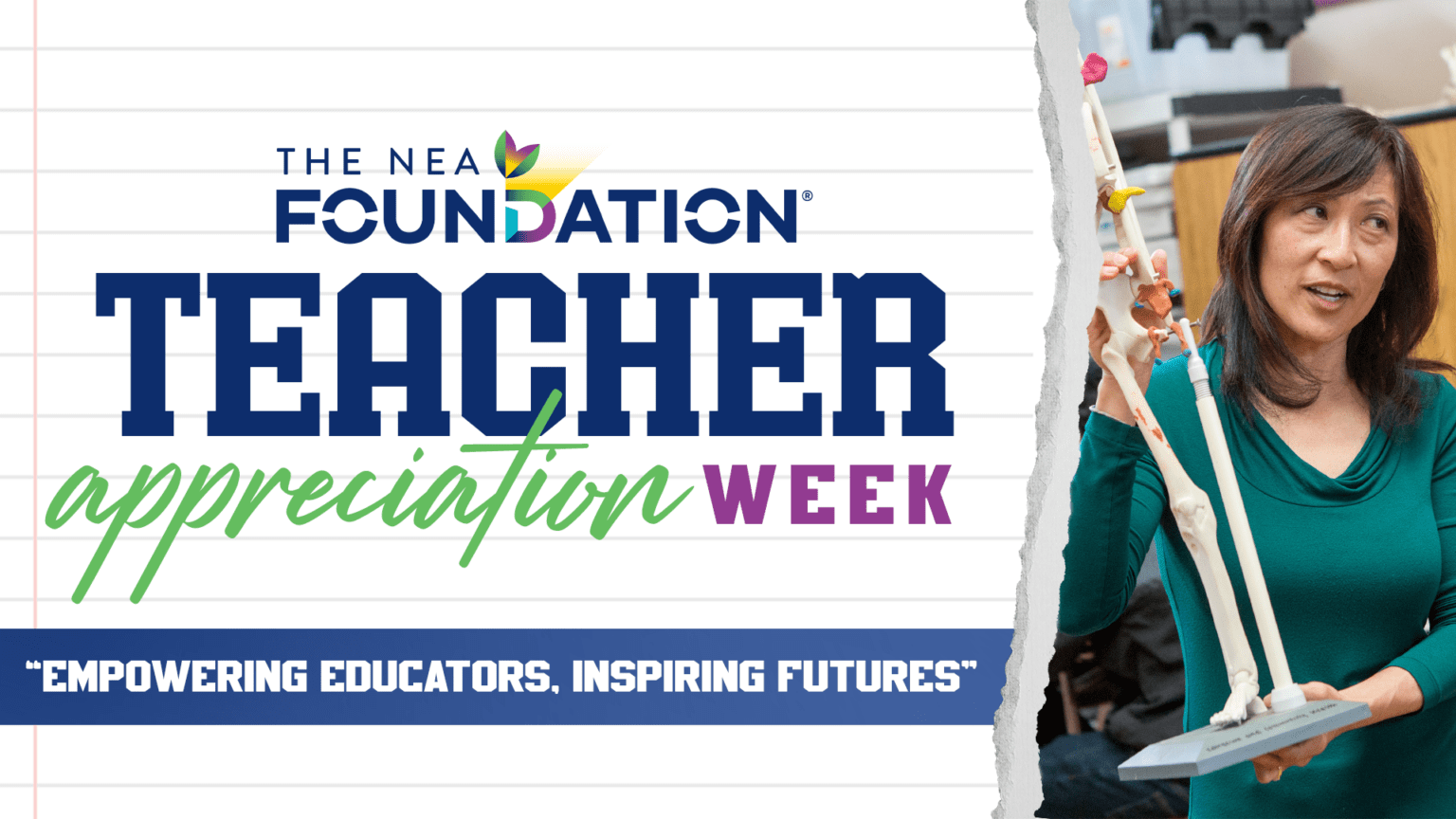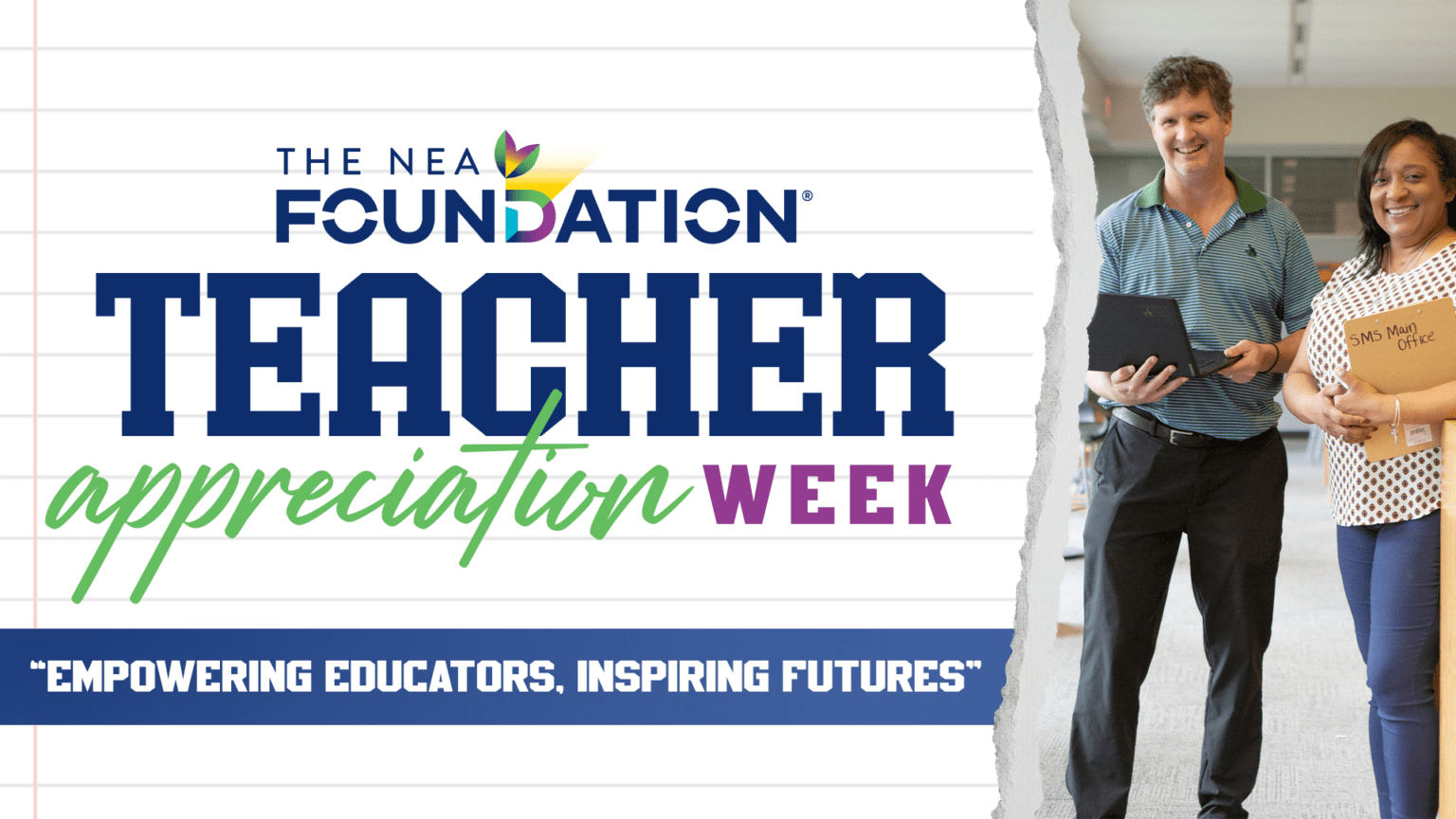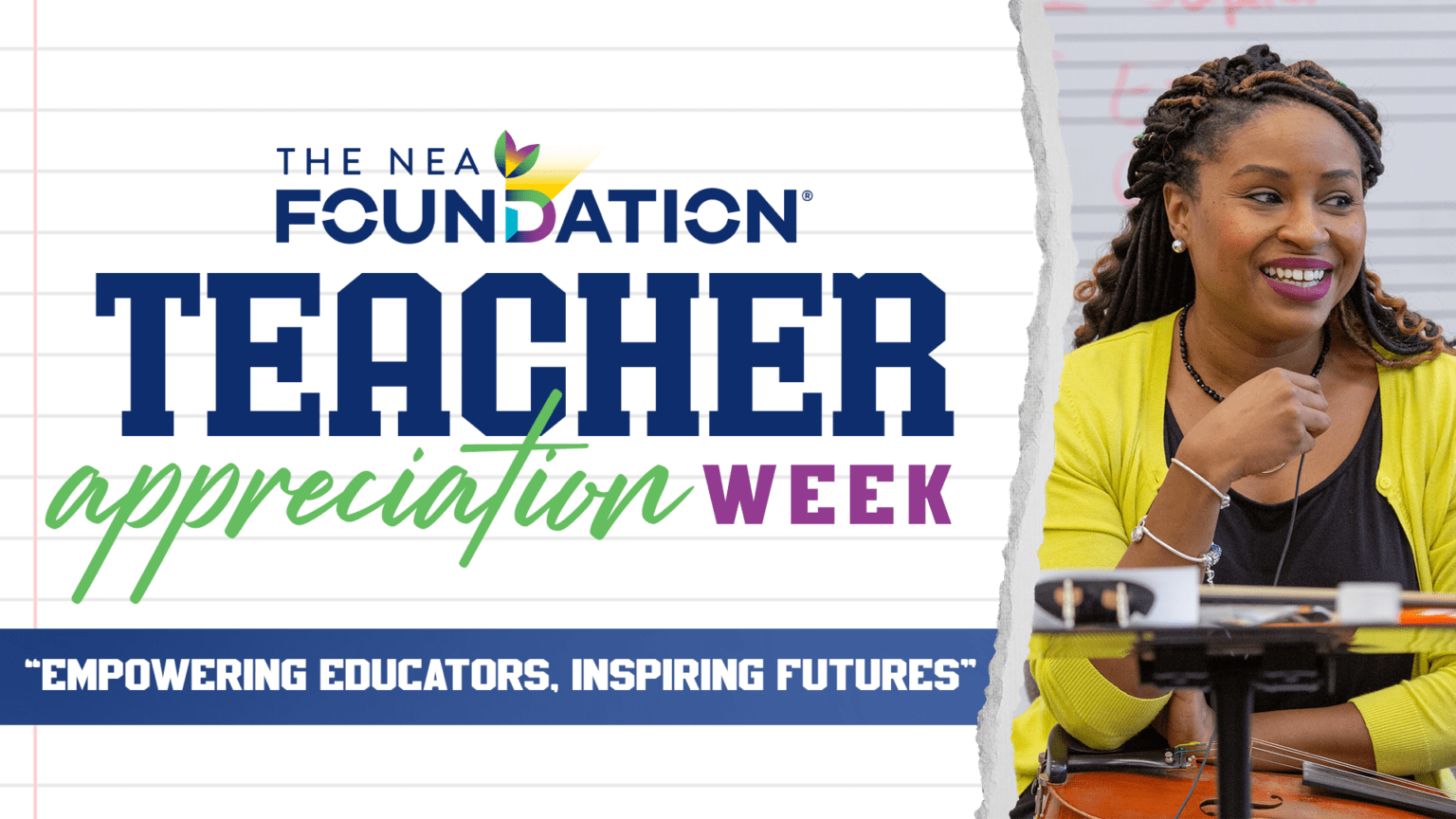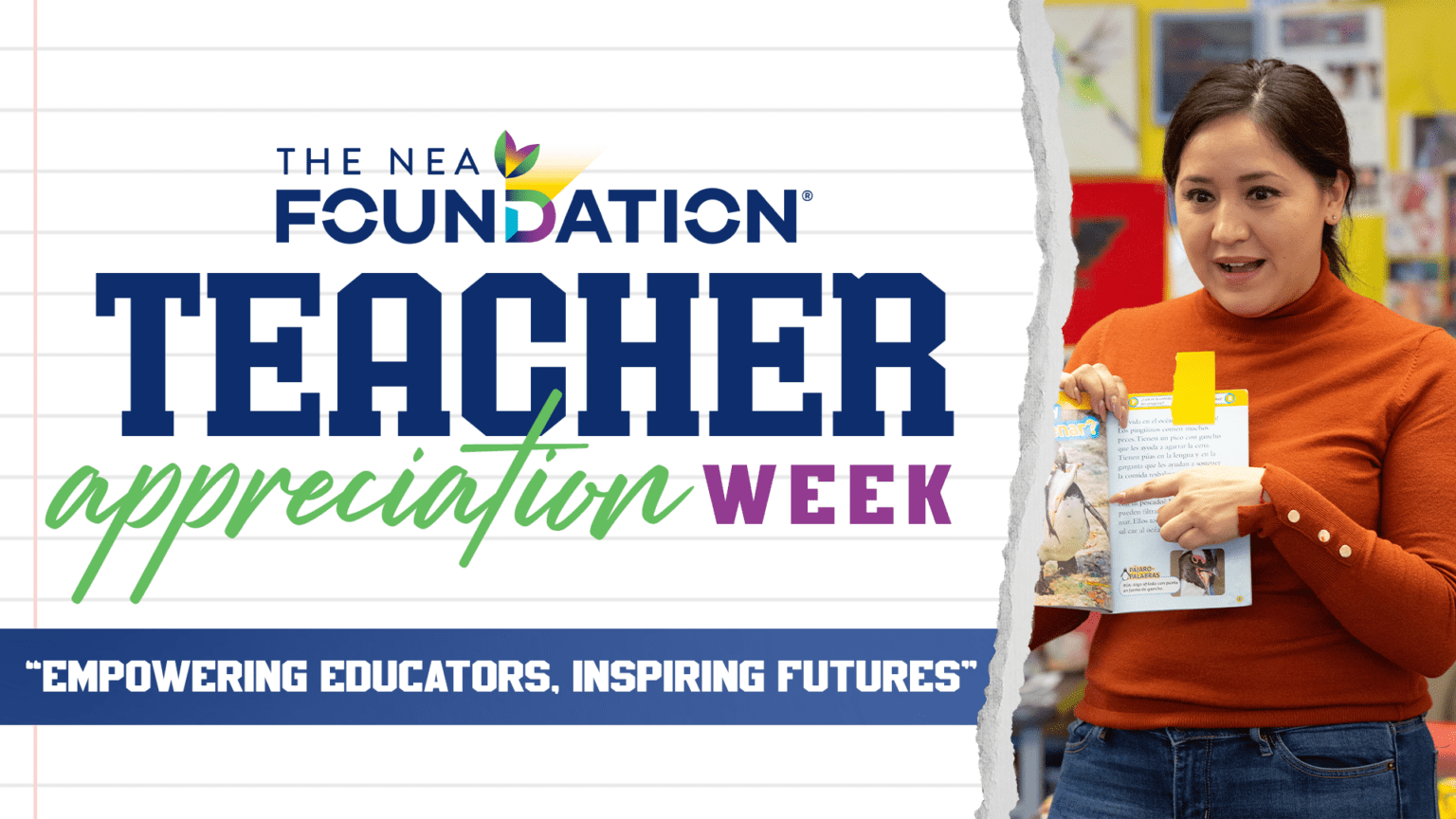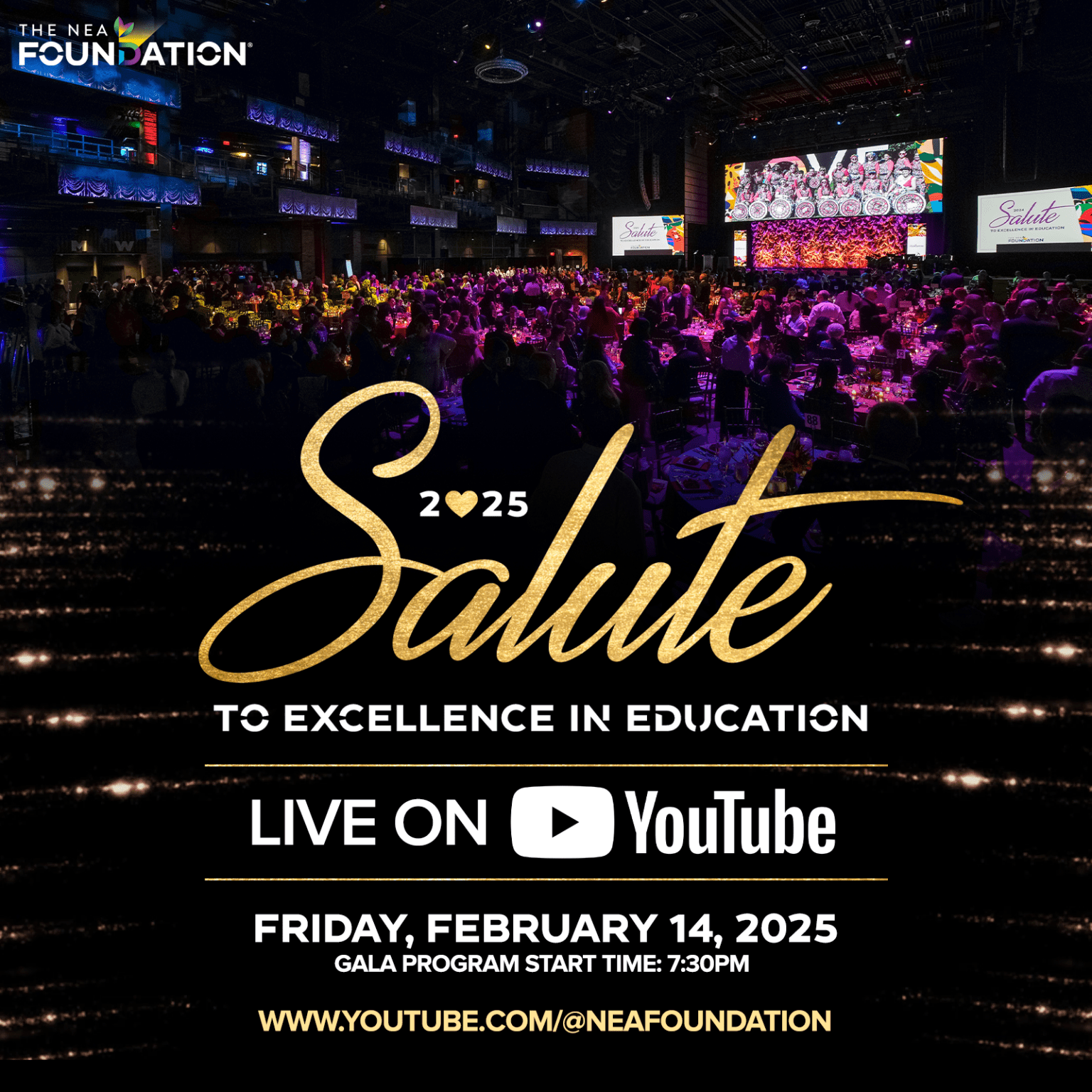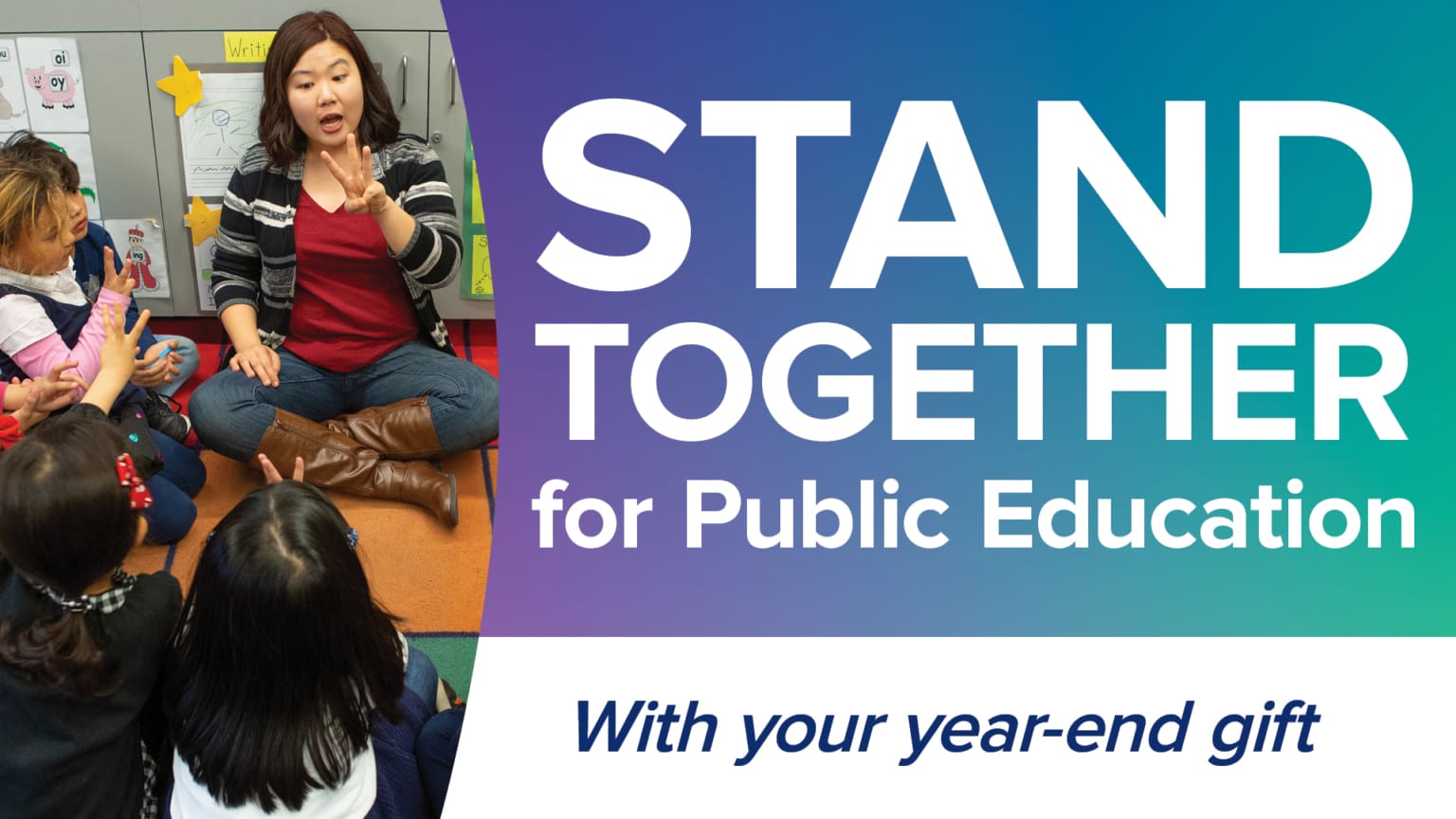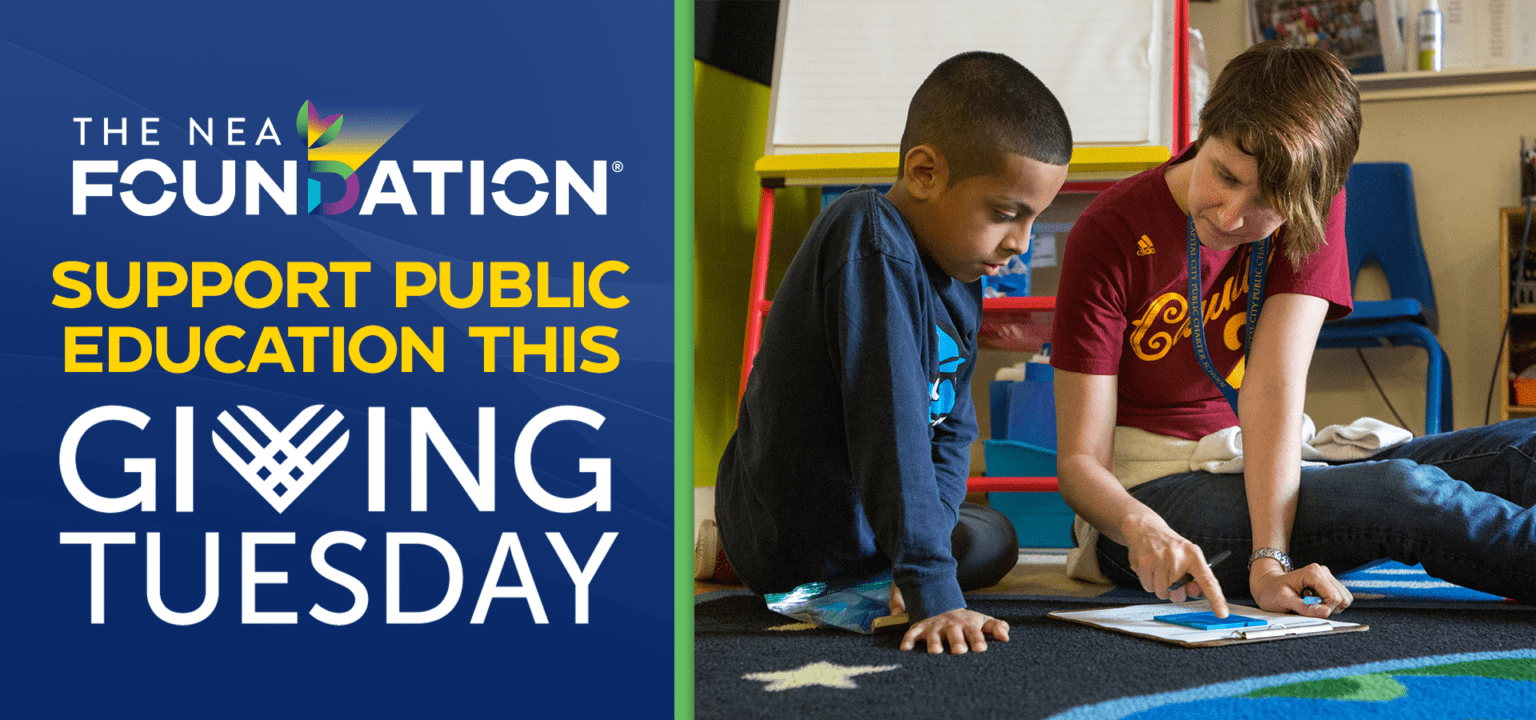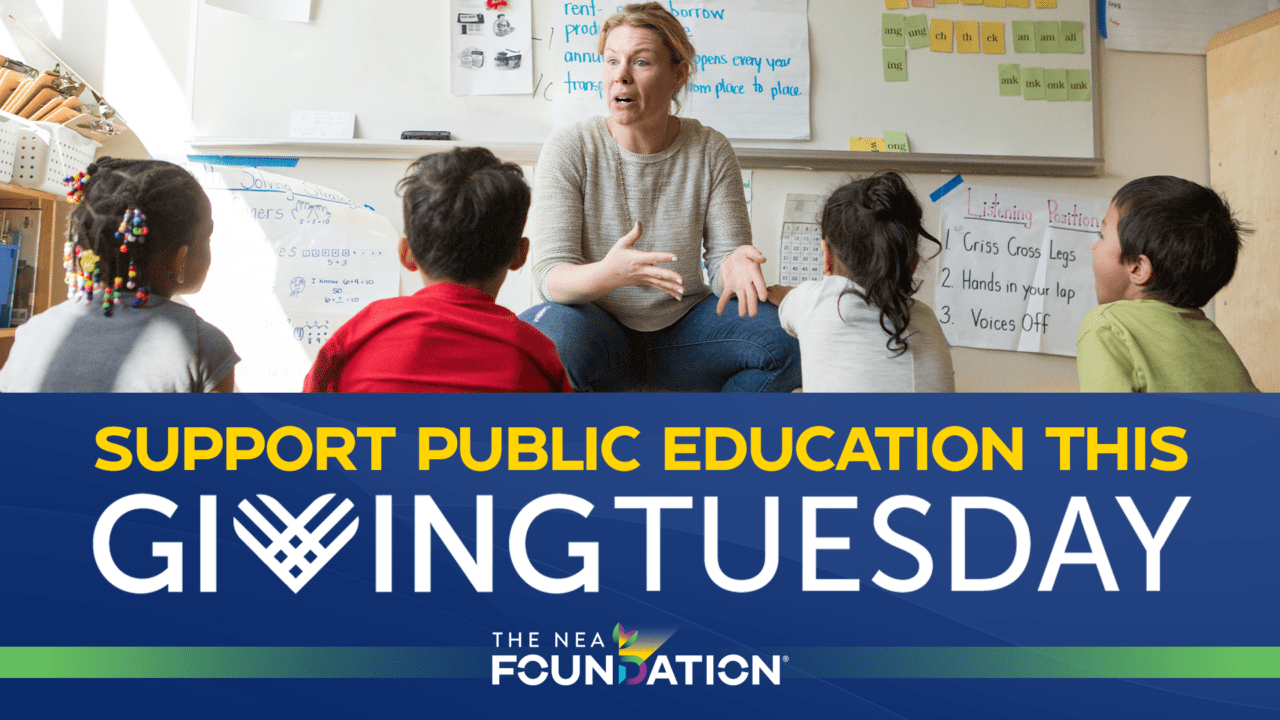By Noelle Clark
Pearson Foundation Global Learning Fellow and Instructional Facilitator and Tutor at Evansville Elementary School in Evansville, WY
Fellows gather to learn how a high school in Rio de Janeiro integrates technology into instruction and learning to better prepare students for a rapidly changing world.
In Rio de Janeiro, educators focus on solutions, said Fellow Loryn Windwehen, a seventh grade teacher from San Antonio, TX, during a school visit. The teachers we visited already knew the obstacles their students faced, and rather than dwell on their have-nots, they focused on solutions. Many of those solutions stemmed from the creation of new school reform, which integrated innovative ways of teaching with a high level of collaborative learning and technology.
Students teach Fellow Kristen Shelby how to play a chemistry game they designed from the well-known board game, “Guess Who.”
As I entered the high school, I noticed right away that the members of this school worked hard to embrace the 21st century and to become globally competent individuals. A buzz of excitement filled the commons area where students diligently worked with their peers on collaborative projects, ranging from creating computer games and reviewing math concepts to revamping the classic board game “Guess Who” into a periodic table for chemistry class.
Sonia Horn, an English teacher, knew that her students struggled to learn purely from lectures and textbooks so instead she asked herself, “What can I do to help children enjoy what they are learning?” Rather than teach English in a traditional way, she embraced the love that students have for American culture by integrating music, films, and famous U.S. citizens.
In addition to more traditional classes, students also complete project-based learning labs to deepen their learning. One student shared his most recent video, a parody of the Queen’s “We Will Rock You,” that explained what he learned about the French Revolution. He had great pride in his work and when asked if he enjoyed the projects he said, “I learned much more from doing this project, than I would have during a regular class.”Fellow Melissa Collins talks to a representative at the GENTE Project School.
Fellow Melissa Collins, a second grade teacher from Memphis, TN, said, “In a way, these schools we have visited are farther along than we are in the United States. They are preparing students for success in our world. They are studying our culture, our music. In the U.S., we need to do a better job teaching global knowledge and diversity.”
Unlike what we saw today, Collins said, “In the U.S., we have been moving on to a new topic before diving deeper into the content.” I’ve noticed similar issues, including an isolation of disciplines. In Brazil, we saw many disciplines interwoven to strengthen what’s learned, including interdisciplinary assessments that teachers from different subjects collaborate on.
Fellow Tom Young shares his contact information with students he shared a game with at the GENTE Project school.
A big theme that I noticed throughout the schools we visited was the desire to not only build pedagogical knowledge, but also foster autonomy in students. Each student takes on what are called “life project,” embracing both what they want to do with their lives after school and a sense of social responsibility. Students pick one teacher to be their mentor for their duration at the school, and that teacher helps the student in times of need— academic or emotional.
I was impressed when the physical education teacher said that yoga was taught very intentionally during the third year of high school, when students experience higher stress levels and need tools for how to calm and relax themselves. Fellow Loryn Windwehen said the life projects were “just beautiful,” and that the mutual respect between teachers and students left a lasting impression. “I am completely changed in both my life and my career. I feel a common bond with these teachers. I no longer think of myself as an American educator, but rather a global educator.”
All photos by Noelle Clark.

